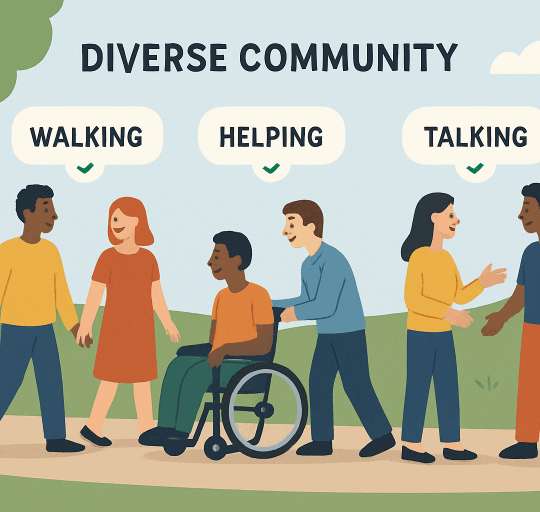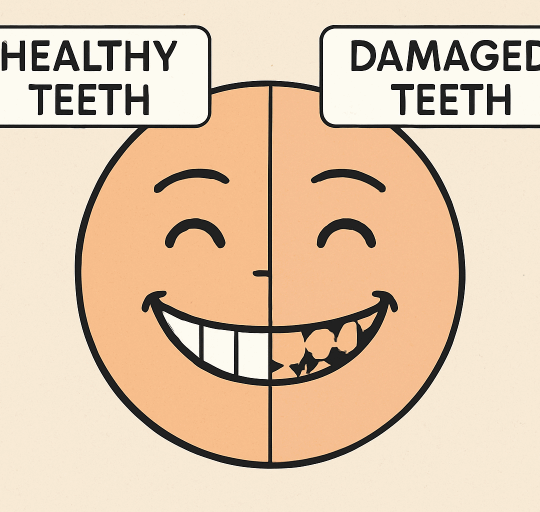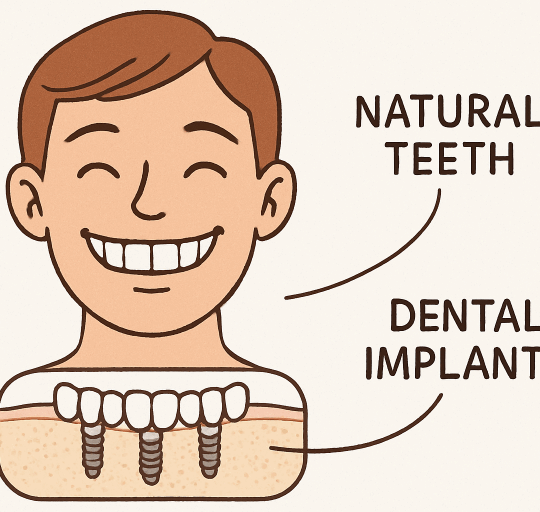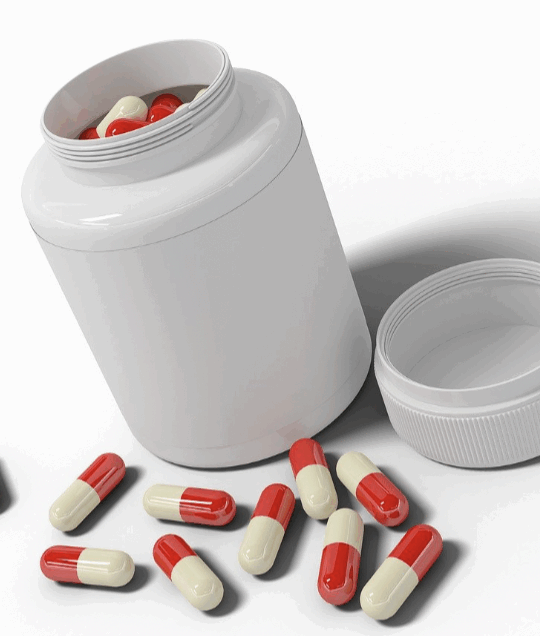 People may have thoughts like should they enter an in-patient drug program or should they do a partial hospitalization? Partial hospitalization refers to an outpatient type of program, but people should understand how many variations of it exist.
People may have thoughts like should they enter an in-patient drug program or should they do a partial hospitalization? Partial hospitalization refers to an outpatient type of program, but people should understand how many variations of it exist.
Table of Contents
What is a Partial Hospitalization Drug Program?
Programs like this mean that the patient will sleep in their own bed at night back at their home. Despite going home after, patients still commit to a whole day of support, therapy and treatment. The ultimate goal behind this being that individuals experience the positive effects of treatment. Provided a patient will still experience success of recovery, partial hospitalization could prove a fruitful endeavor. That doesn’t mean everyone should sign up for it because some cases require more extensive treatment to have successful results.
How Long are the Programs?
The typical programs for alcohol addiction range, they can be 30 days, 60 days or 90 days. It depends on the program and how badly someone needs help. In some cases, they may need to seek longer treatment to ensure that the results stick to them post treatment.
Why Consider Treatment
People should consider treatment when they have an addiction to alcohol because of how addiction ruins lives. It ruins the person’s life who has the addiction, but it can and has irreparably damaged families. Treatment can help to bring families back together. When someone suffers from addiction, they don’t act like themselves. They might say or do things that they’d never even think of doing while sober. That can leave some razor-deep scars on children and spouses. Treatment helps everyone, but someone addicted to alcohol usually shouldn’t do it for anyone but themselves. That is one of the best ways to fight against alcohol addiction most people have found.
Who are the Best Candidates for Partial Hospitalization?
When people have less risk of a relapse, partial hospitalization might make sense because it could do the trick without inconveniencing the patient as much. That said, people have cases where they should do in-patient because the risk of relapsing is exceptionally high. Before deciding, they will often look at where a client sits in terms of the recovery process. Someone who experiences ongoing withdrawal symptoms may do better in a recovery program that is in-patient. It costs a little more, but it ensures that they will succeed with the program.
What Type of Services Included
When someone looks at partial hospitalization, they have a number of services available to them that include:
- Group therapy
- Family therapy
- Dialectical behavioral therapy
- Dual diagnosis support
- Medication-Assisted Treatment
- Cognitive behavioral therapy
Services like this usually get included in therapy that people receive when they do partial hospitalization for drug treatment. Treatment should have an element of uniqueness to meet the needs of each client because every person differs.
Partial hospitalization might make sense for individuals who don’t experience the withdrawal symptoms as strongly. They intended this type of treatment for less serious cases.







